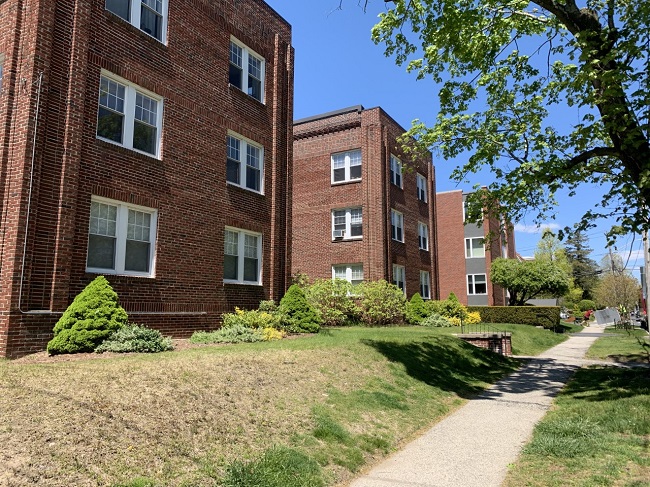
PROVIDENCE – Financial incentives for developers, city zoning changes and more flexibility in programs that help low-income residents buy or rent homes are among the ways that Providence should seek to address a critical affordable housing gap, according to a new report released by the city Monday.
The Anti-Displacement and Comprehensive Housing Strategy report represents the culmination of a 10-month research, outreach and analysis process through consultant RKG Associates aimed at addressing the increasing shortage of affordable homes in the city. The report, a draft of which was released in December, estimated the city will face an 8,000-unit shortage of affordable housing by 2030, requiring a $225 million annual commitment to fill the gap in homes for rent and sale.
Acknowledging that the amount of funding and resources required will take time to make reality, the city described the report as a 10-year “road map” to help direct its strategy long-term.
Among the many recommendations offered, the report highlighted a few shorter-term changes the city should prioritize. Among them is a proposal that lets developers extend the duration of property tax breaks on their projects via tax stabilization agreements if they agree to lower the price of a set percentage of rental or for sale units to be more affordable based upon area median income figures. The city is currently considering other major changes to its tax stabilization agreement policies aimed at bolstering reporting and wage and labor standards for developers and expanding the city council’s authority in approving the projects.
Other short-term recommended changes include a sliding scale that expands eligibility for property tax breaks on affordable housing projects, based on the state’s 8% Tax Act Law; zoning changes that encourage more multi-family and dense development projects; and create a program to incentivize landlords to accept subsidy payments.
Already, the city has begun to implement some of the changes recommended.
The Providence City Council recently passed an ordinance protecting renters who use federal subsidies based on their income to pay their rent. The city in December also approved a $20 million bond sale to help fund affordable housing, one of several financial strategies suggested in the report.
Long-term, the report emphasized the need for public-private partnerships and identifying other sources of private and federal grant funding to help fill the gap in affordable housing. The city will also form a Community Advisory Group, as recommended by the report, to help guide decision-making and future policy and financial decisions related to affordable housing.
Nancy Lavin is a PBN staff writer. You may reach her at Lavin@PBN.com.












